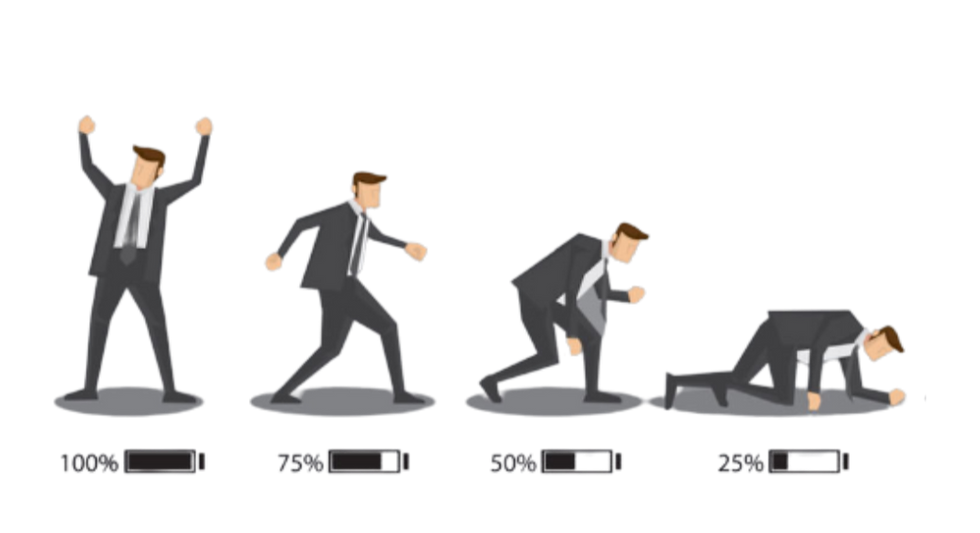
Introduction:
Burnout has become a pervasive issue affecting individuals across various domains in today's fast-paced and demanding world. Burnout is a state of chronic physical and emotional exhaustion caused by excessive and prolonged stress. While it initially gained recognition in the workplace, its effects extend far beyond professional settings, impacting personal well-being as well. This blog post will delve into the burnout effect on productivity and explore how this phenomenon can severely hinder individuals' ability to perform at their best.
1. Physical and Mental Exhaustion:
Burnout is characterized by a deep sense of exhaustion, both physically and mentally. When individuals experience prolonged periods of stress without adequate rest or recovery, their energy levels plummet. This exhaustion can make even simple tasks seem overwhelming, reducing productivity. Fatigue slows down cognitive processes, impairs concentration, and diminishes the ability to retain information, making it challenging to stay focused and perform at optimal levels.
2. Decreased Motivation and Engagement:
One of the hallmark symptoms of burnout is a significant decline in motivation and engagement. Burnout drains individuals' enthusiasm and passion for their work, leading to a sense of detachment and disengagement. As a result, individuals may need help finding purpose in their tasks and need more drive to excel. The loss of intrinsic motivation further exacerbates the decline in productivity, as individuals no longer derive satisfaction from their accomplishments.
3. Cognitive Impairments and Decision-Making:
Burnout can significantly impact cognitive functions, such as memory, attention, and problem-solving abilities. The overwhelming stress associated with burnout can cloud judgment and impair decision-making skills. Individuals may struggle to think clearly, make sound choices, or consider alternative perspectives. This can lead to errors, delays, and suboptimal outcomes, further hampering productivity and effectiveness in tasks requiring critical thinking and problem-solving.
4. Decreased Creativity and Innovation:
The mental and emotional exhaustion that accompanies burnout stifles creativity and innovation. Burnout narrows individuals' mental focus and limits their ability to think outside the box. The creative thinking necessary for generating fresh ideas and finding novel solutions becomes challenging when cognitive resources are depleted. As a result, individuals may resort to conventional and less imaginative approaches, hindering their ability to tackle complex challenges and limiting their overall productivity.
5. Health and Well-being Impact:
Burnout not only affects productivity directly but also takes a toll on individuals' physical and mental health. Chronic stress weakens the immune system, increasing susceptibility to illnesses and leading to more sick days. Mental health issues like anxiety and depression often accompany burnout, further compromising overall well-being. These health implications create a vicious cycle where decreased productivity fuels additional stress, perpetuating the burnout cycle.
Conclusion:
Burnout impacts productivity and causes a decline in motivation.
Burnout is not merely feeling tired or stressed after a long day at work. It is a persistent state of exhaustion resulting from chronic workplace stress that has not been successfully managed. It often stems from factors such as excessive workload, unclear expectations, work that is not motivating, and a lack of support or recognition.
Employers must prioritize employee well-being and create a culture that values work-life integration. It is crucial for top managers to design work environments that fully align with their employees' personality capabilities, ensuring that daily work processes are optimized to maximize their potential.
Acknowledging the importance of the personal potential of employees that aligns with their job position will foster productivity, creativity, and overall job satisfaction, benefiting individuals and organizations alike.




Comentarios